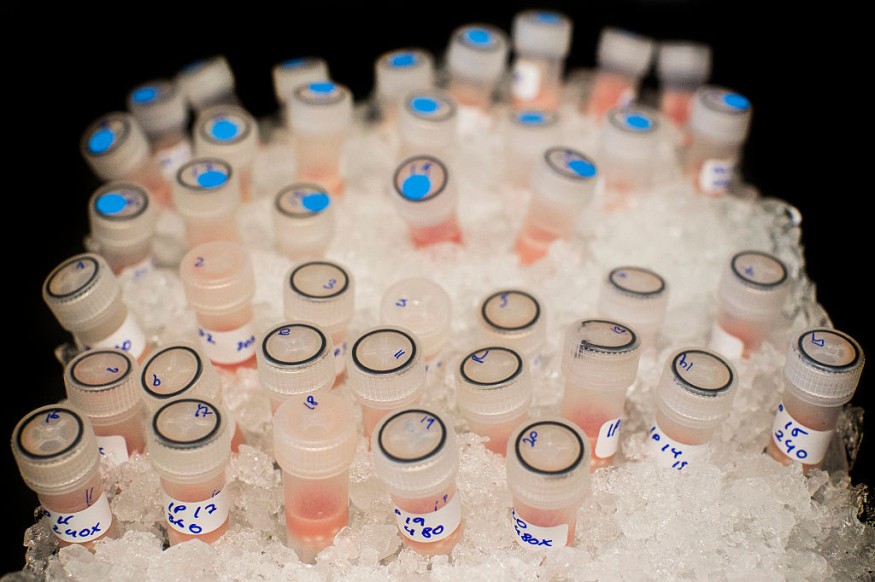
Chemotherapy is a great weapon for eliminating tumor cells, however it also targets the normal tissue, that could lead in life-altering adverse consequences.
Avoiding Chemotherapy for Cancer Patients
Radiotherapy, or chemo for shorthand, is often not necessary for efficient medication, however determining whether someone needs it is simultaneously an artistic expression.
Recent research posted under the American Society of Clinical Oncology currently offers physicians a strategy that has already benefited certain stage II colorectal carcinoma sufferers forego chemotherapy while having no effect on their laboratory findings.
The approach used in this latest investigation is known as circulating tumor DNA (ctDNA). This is self-explanatory - it's little broken DNA fragments from malignancies flowing in the circulatory system.
It is not the earliest study to look at ctDNA, and scientists understand that the prevalence of ctDNA in the circulation after operation indicates the likelihood of developing disease. Nevertheless, the latest investigation has pushed this information a stride farther. It is the inaugural therapeutic research to indicate that a ctDNA guided strategy following operation can considerably help individuals with stage II hepatocellular carcinoma.
As per Anne Marie Lennon, a gastroenterologist at Johns Hopkins, stage II colon cancer provides a distinct difficulty. The disease has progressed beyond the muscular sections of the colon wall however has not migrated to other organ systems in stage II colorectal cancer.
In this situation, the client would need to undergo surgical removal, however the physician has to decide if or not they shall subsequently get chemotherapy.
Researchers understand that around 75% of persons with stage II colon cancer do not need radiotherapy following operation, while roughly 25% need. It is critical to determine which individuals would gain the most from chemotherapy, and avoiding the issue can be fatal.
Nowadays, there are several characteristics of a malignancy that may trigger the physician to schedule medication, such as if the growth seems aberrant on the magnification or if the disease has spread throughout the body, as per Science Alert.
However, a current investigation has revealed that this procedure is not flawless, and several terminally ill people may be receiving radiotherapy once they do not require it.
Blood's 'Hidden DNA' Aids To Some Cancer Patients
The research enrolled 455 individuals with type II colorectal cancer throughout 2015 and 2019. The ctDNA assisted strategy was allocated to 302 people, while the remainder got normal treatment. The subjects were accompanied up on after about 37 months, thus the research had statistics on them for more than 3 years.
According to recent report of Onco Link, comparing conventional therapy and assisted chemotherapy exhibited comparable probability of recovery and no progression of cancer (92.4 vs 93.5 percent) over the research process.
The dosage of treatment, on the other hand, was a significant variation. Chemotherapy was required for 27.9% of participants in the usual study population, but merely 15.3% in the ctDNA directed placebo category. That's nearly twice the proportion of individuals who had chemotherapy for neither improvement in mortality or cancer relapse.
"A ctDNA-guided strategy to stage II colon cancer minimized postoperative treatment administration significantly reducing recurrence-free longevity," noted gastrointestinal oncologist Jeanne Tie, who led the study.
Experts expect that ctDNA may be used to predict how to manage various forms of carcinoma including phases of colorectal cancer, and the group has been studying on initial point pancreatic and stage III colorectal cancer to determine whether ctDNA can assist there as well.
Related article : UK Scientists Say Fat Buildup from Heart Disease Can Lead to Dementia
© 2025 NatureWorldNews.com All rights reserved. Do not reproduce without permission.





